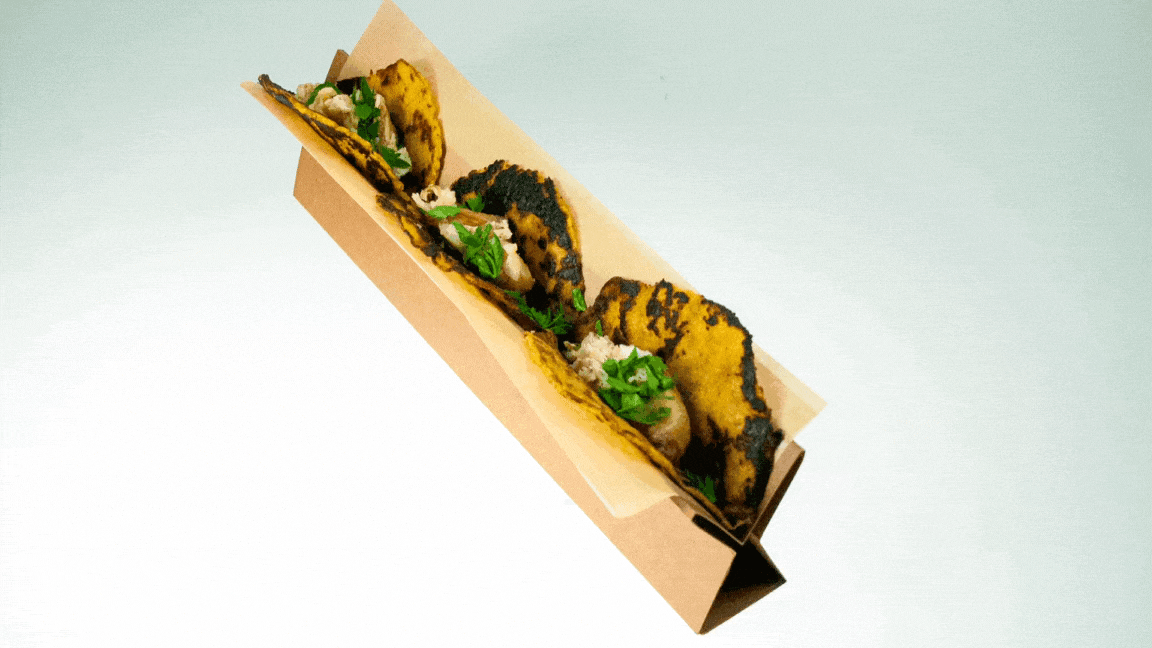Chioma Nwachukwu
Ubuntu, I am because we are
In many communities, immigrants often carry the expectation to shed parts of their cultural identity in order to fit in, as if true integration comes at the cost of their cultural identity. This expectation often leads to an erasure of rich cultural narratives and hinders opportunities for deeper and more meaningful connections between immigrants and their local communities. At the same time, local communities are also affected because when cultural differences are seen as barriers rather than bridges, communities miss out on opportunities to engage with diverse traditions and practices and also enrich their collective identity. Immigrants and their local communities may coexist, but they may be culturally distant which in turn can lead to the development of unconscious biases and a lack of meaningful cross-cultural exchange.
The question is, “how might design create opportunities for reciprocal exchange by addressing inequalities in cultural exchange amongst host and immigrant communities?” This project proposes using food as an avenue for shared experiences between people from disparate communities. By introducing interactive elements and cultural narratives into different stages of the dining experience, the truck creates an environment where people not only participate in a culinary experience but also gain a deeper understanding of the people and culture behind it. Thereby challenging the idea that assimilation requires a loss of cultural identity but rather celebrates the richness that cultural diversity brings to a community.


